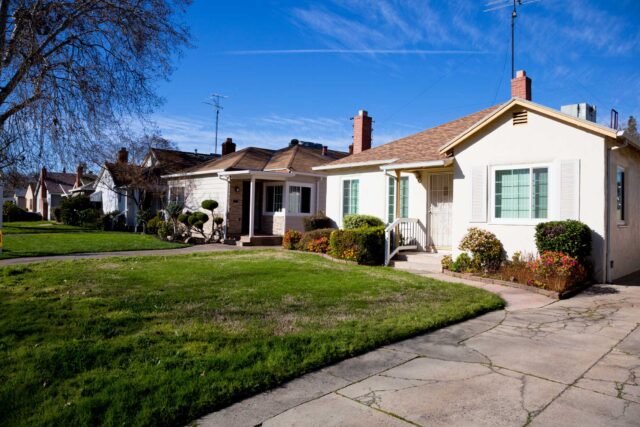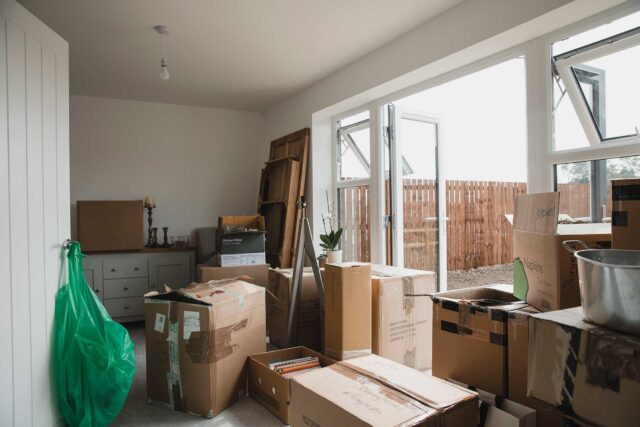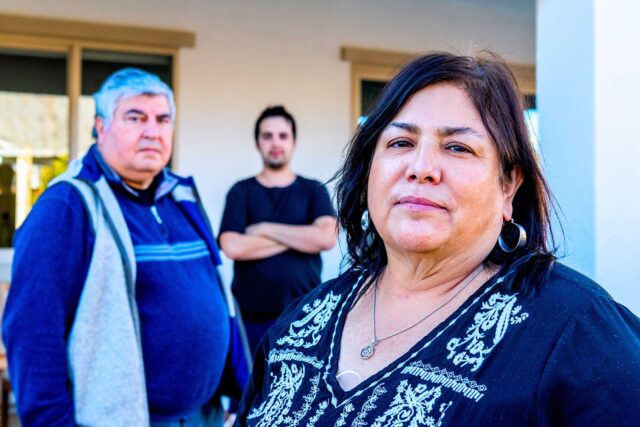California has developed a reputation as a uniformly liberal state, but its electorate is still politically divided—and also pessimistic about coming together to solve problems. At the same time, the state has recently entered a new demographic reality: multiple years of population decline, driven in part by a growing exodus of people moving to other states.
Many now speculate that politics and migration are intertwined. The most straightforward version of this idea asserts that the state’s steeply progressive tax rates are scaring away wealthy Californians with more conservative views on taxes. But those leaving the state are actually less affluent than those moving in. If personal finances are a factor, housing costs that disproportionately hit middle- and lower-income households likely play a bigger role than tax rates that mostly affect the wealthy.
Even so, broader political differences about the role of government in society could still be a factor in some migration decisions. Conservatives feeling unrepresented in state government might be drawn to states that they see as a better ideological fit. For people already inclined to leave California for other reasons, politics might push them to finally pack their bags.
There are signs of this pattern in our PPIC Statewide Surveys. While 26% of very liberal respondents say the state’s high housing costs have made them seriously consider moving out of state, 39% of middle-of-the-road respondents and 45% of very conservative respondents say the same. (Survey participants are asked to self-identify their political ideology, ranging from very liberal to very conservative.) These differences persist—and are slightly accentuated—when we control for a host of demographic and economic factors.
Fully 56% of those disapproving of Governor Newsom have thought about leaving the state, compared to only 28% of everyone else. And a similar gap exists between those who feel they pay much more than they should in taxes and those who don’t think they pay too much (51% to 23%). These patterns emerge despite the fact that the survey question asked about moving in the context of housing costs and makes no reference to Governor Newsom, tax rates, or any other hot-button political issues.
In contrast to thoughts about moving out of state, the idea of moving within the state is both less common and far less politically divisive. If anything, those on the left are somewhat more likely to consider such a move than those on the right. But that difference largely reflects a younger, lower-income population among those on the left; after accounting for these demographics, ideology explains very little.
While politics shapes thoughts about leaving California, not everyone who leaves is conservative. For one thing, personal finances still matter. Those who say housing costs are a big problem in their area also think more often about moving, regardless of ideology or other political opinions.
Moreover, thinking about moving is not the same as doing it. One of every three survey respondents (34%) has thoughts about moving out of state. Yet according to census data, only about one of every ten Californians moved out of state over the five-year period from 2016 through 2020. Most have not moved at all, and the ones who have were more likely to move within the state than out of it.
For most respondents, thoughts about moving may not be an action plan so much as a cry of frustration. A large share of Californians feel like they want to live somewhere else, and dissatisfaction with the state’s politics is at least part of the reason why. This dynamic probably pushes a few who might otherwise stay to leave the state. The result may be a politically skewed departure that nudges the state’s politics ever so slightly to the left.





